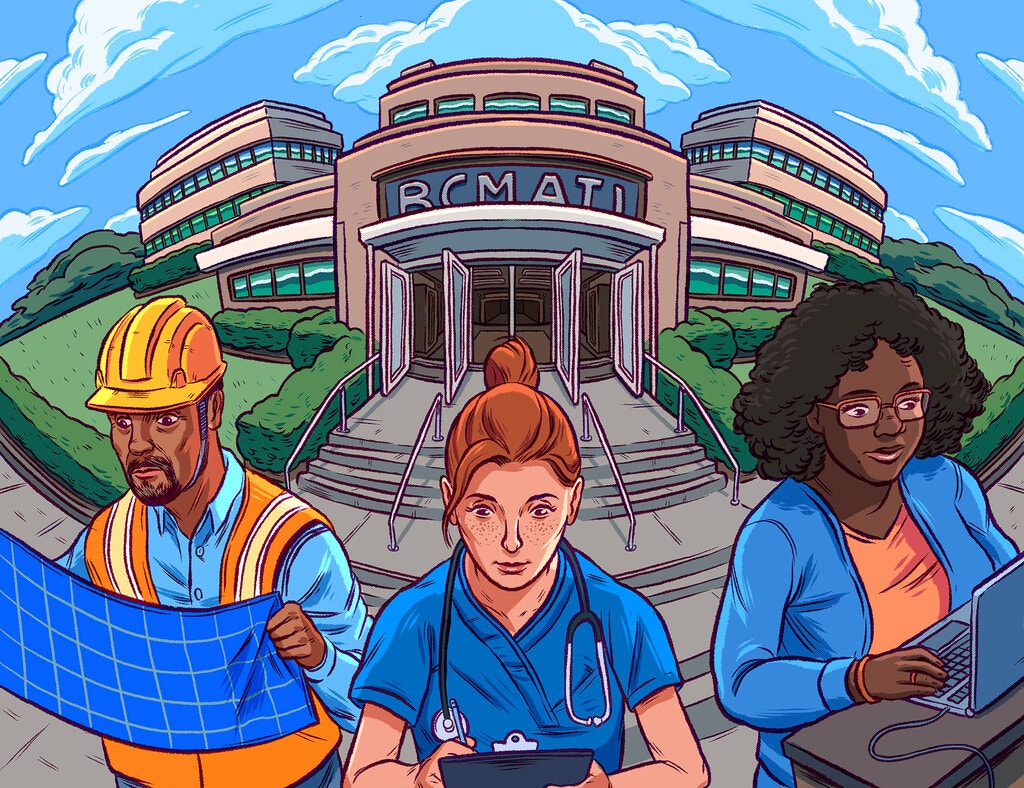Community Colleges Can Be Engines of Economic Recovery

© NYTimes
Written by David Fleming, the author starts by telling us that how United States instead of having millions of laid-off workers gives much less assistance to job seekers than most other countries. The author then tells us that community colleges can possible bridge this gap by partnering with employers and innovators and help equip workers with skills that are useful for local needs and mostly pay middle class wages.
The author then puts forward the dilemma telling how the gap can be bridged by colleges if Congress provides financial relief to state and local governments; but when they are needed the most they themselves are in "desperate financial straits". This is preety similar to what happened during recession about a decade ago. "Unemployed job seekers turned to for-profit colleges, often with disastrous results. Community colleges have seen budget cuts and enrollment declines this fall, while for-profit online training is growing rapidly."
The author then cites studies which show how severe is the economic impact of losing a job when it occurs during a recession. Hence it is really important to provide a safety net to displaced workers for job search assistance and training.
The author had a really interesting thing to say to show the vulnerability of students
Markets only work well when there is a shared understanding of product quality among buyers and sellers. But in education, quality is amorphous and multidimensional. Students agree to pay up front, and only find out whether they got a good deal many years later. As a result, students are highly vulnerable to the opportunism of for-profit colleges, which are inevitably tempted to increase profits by cutting corners.
The article finally by telling few examples where companies like Google have partnered with community colleges to offer training in information technology support careers and saying that "Community colleges need to be at the center of talent development for millions of American workers."